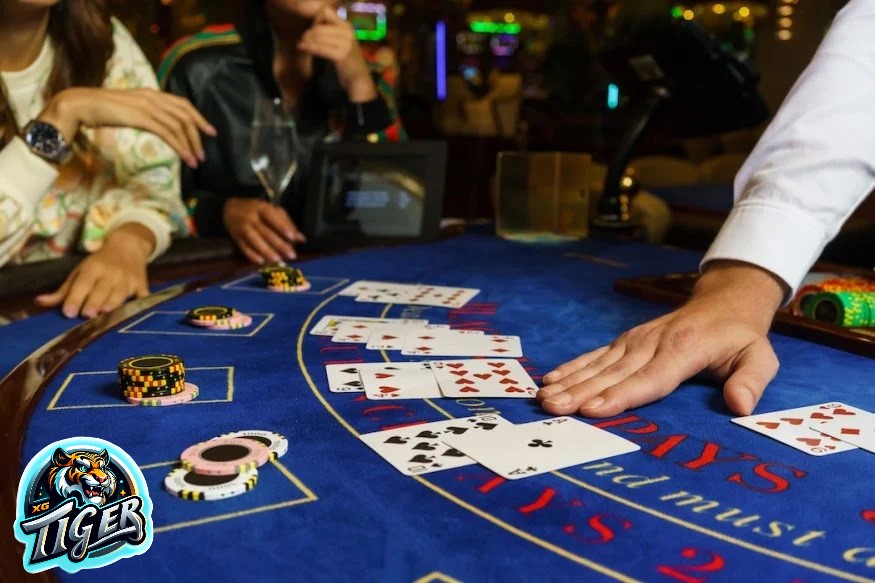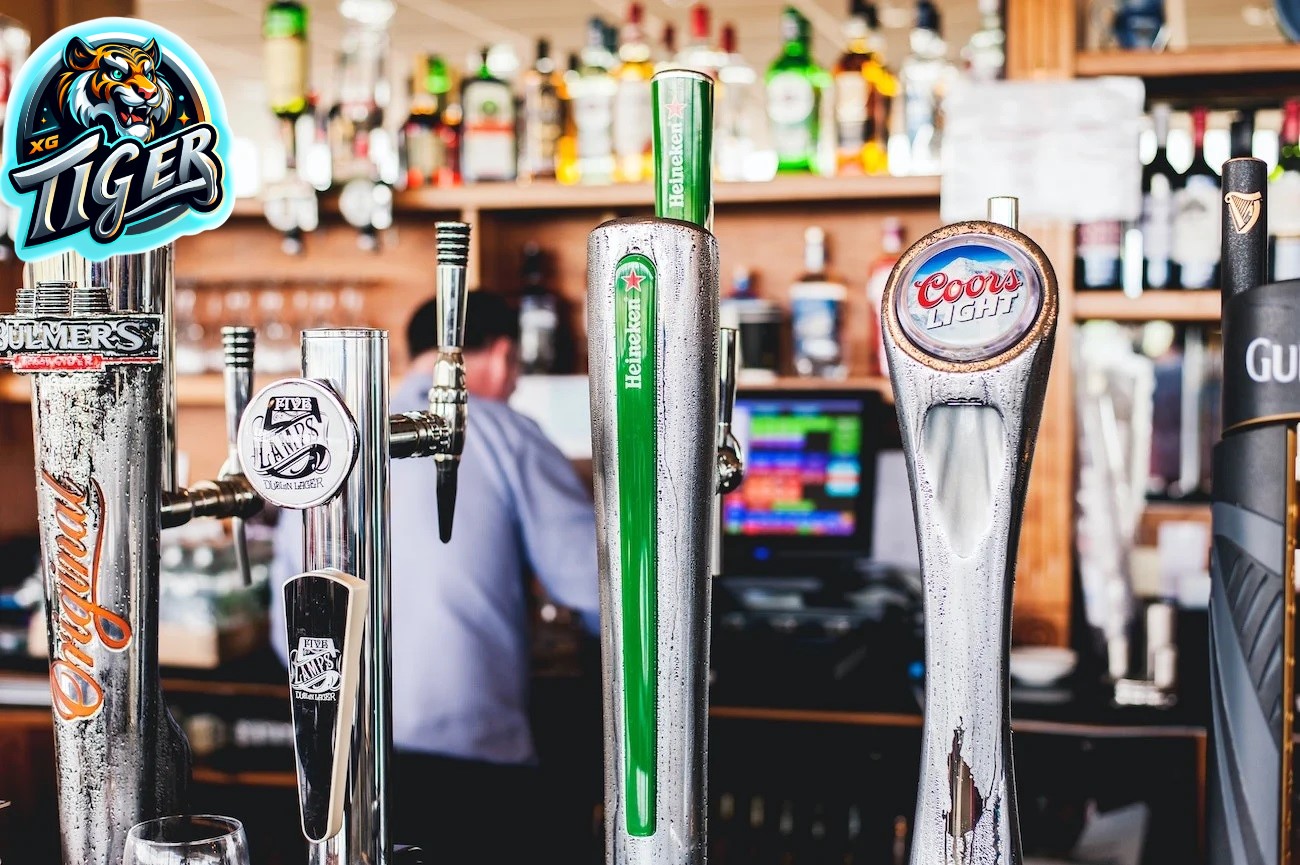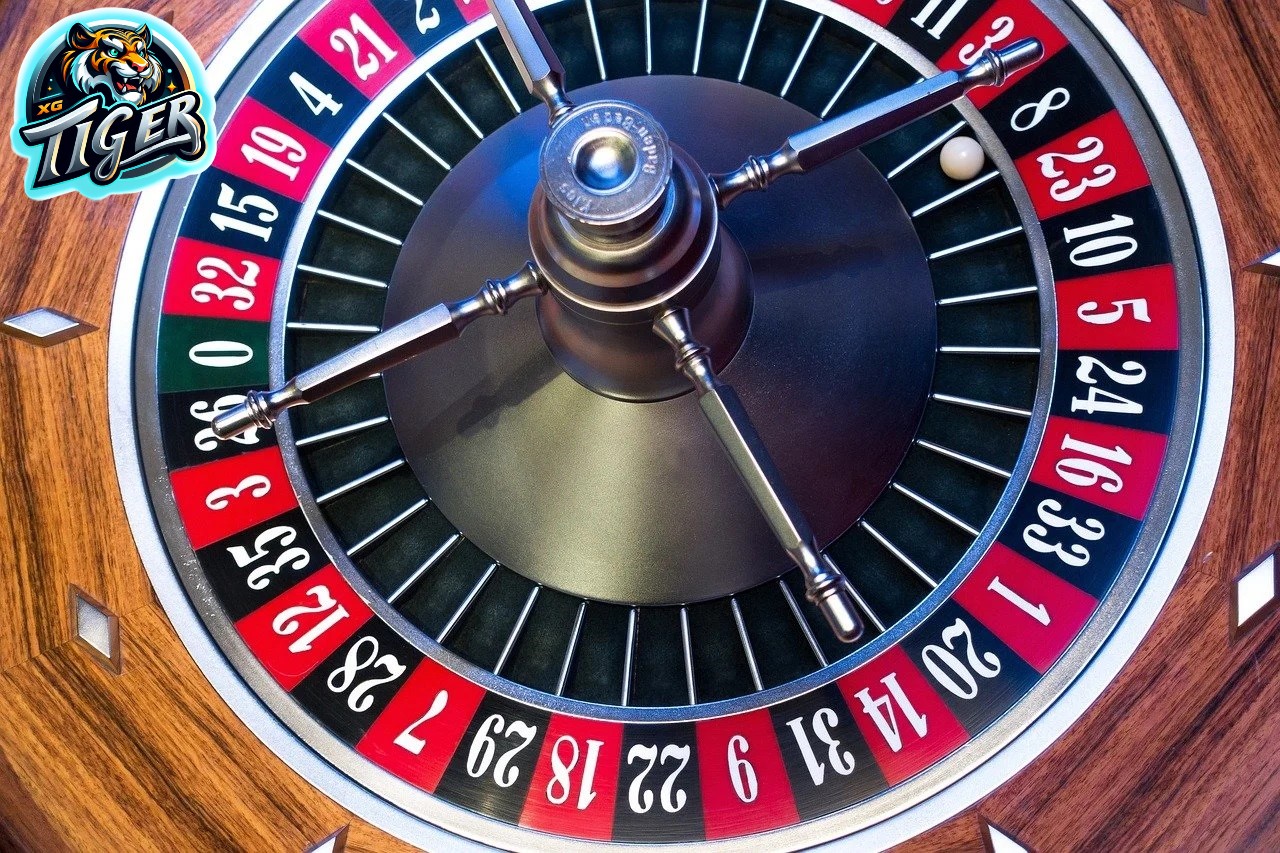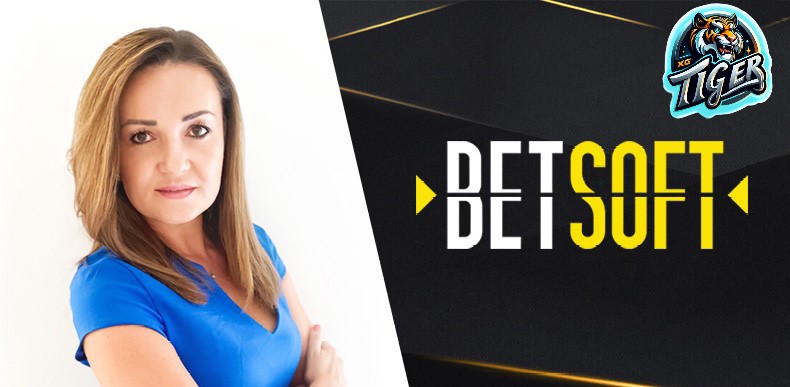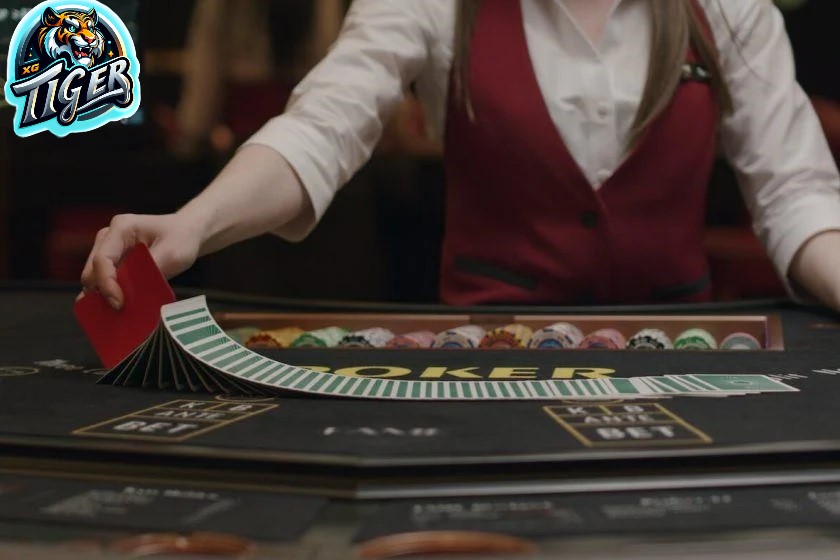Table of Contents
If you’ve read anything about blackjack, you’ve read it here at Xgtiger Casino always look for a game with fewer decks than more decks. But you probably don’t understand why the number of decks is important. Explaining that is the purpose of this post.
Here’s why the number of decks matters, in a nutshell:
Fewer decks means you have a better chance of winning.
Here’s why:
You are more likely to be dealt naturally when there are fewer cards in the deck. This makes doubling more effective. But it also means you’ll see 3 to 2 payouts more often.
Here are the odds of getting a natural by deck size:
You have a 4.83% chance of getting a blackjack in a deck game.
That drops to 4.78% if you’re playing in a game with two decks.
Bring a total of up to six decks, and your odds of getting a natural drop to 4.75%.
That doesn’t seem like a huge difference, but paying 3 to 2 on that hand builds up so much player expected value (EV) that it’s hard to underestimate the impact of losing even a few hundredths of a percent.
Doubling on Fewer Decks
But you don’t just make more money when you’re gifted naturally. You also get more blackjack when you double down on an ace. 3 to 2 is a good payout, but it’s better if you double down first.
The dealer also gets more naturally when you play with fewer decks, but that’s not a big deal, since the dealer doesn’t get a bonus win from you when he gets a blackjack. You lose unless you also have a natural.
Entrepreneurs don’t double down either.
Skip the 6:5 Tables
Only bother playing a single deck blackjack game if it pays 6 to 5 for a blackjack, though. This is one of the worst rule variants in the game. This is more than enough to destroy any small advantage you get from the smaller number of decks in the shoe.
In fact, this one change in the rules increased the house edge by a whopping 1.4%.
If enough people skip this version of the game, casinos may offer it more often.
This is a good example of how casinos take advantage of the player’s ignorance. Everyone has learned that single deck games offer better odds, but few people understand the importance of that small change in the payout naturally. The casino relies on that, hoping that they will attract gullible players. And for the most part, it works well.
Deck Size And The House Edge
The house edge is the percentage of each bet that the casino expects to keep over the long term. So if we talk about a game with a 1% house edge, the casino expects to win $1 every time you bet $100. Of course, that does NOT happen in a blackjack hand. But over thousands of hands, it can easily average to that value. In fact, the more hands you play, the closer you can expect to get to the expected.
Eight decks have higher house edges than six decks, and six decks have higher house edges than two decks or one. All else being equal, go for the game with fewer decks each time. The only exception is the 6:5 payout I already warned you about.
You might be playing a single deck game with good rules and face a house edge of just 0.17%. The same game with the same rules can have a house edge of 0.46% if you double the number of decks in play. In four decks, the house edge jumps to 0.60%. You’re looking at house edgey 0.66% with eight decks.
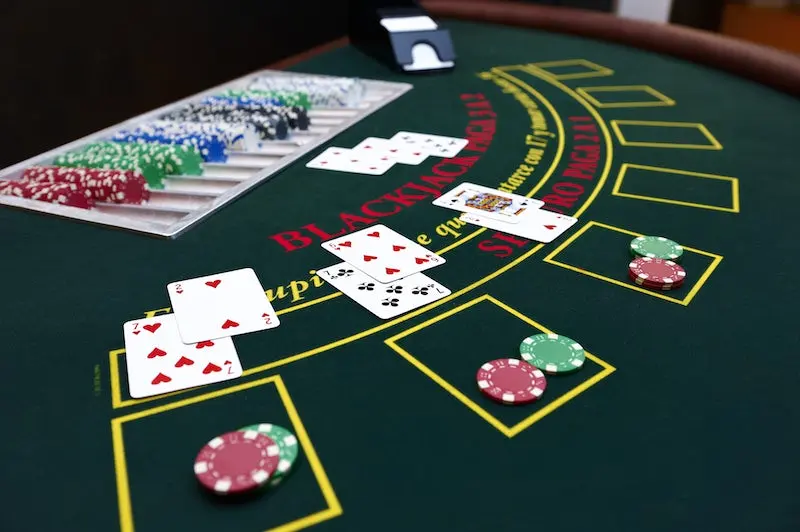
Counting Cards Less Deck
Card counting is a popular advantage playing technique in which a player keeps track of the relative number of aces and tens in the deck compared to lower cards. A deck with a proportionally higher number of high cards is more likely to result in a natural and equal 3 to 2 payout.
This means you can raise your bets in certain situations and make a profit.
But with more decks in play, it takes a lot of work to get into a positive expectation situation. Think of it this way:
You are playing a single deck game. All the aces have been dealt.
It is possible to be dealt blackjack. It’s a good idea to flat bet the table minimum at this point.
But in a shoe with 8 decks, you still have 28 aces left in the deck. Your odds of getting blackjack still drop, but they haven’t dropped to 0 yet.
And that works in reverse, too. Low cards are the ones that hurt your chances of getting a natural, so when they’re dealt out, the deck improves. The amount the deck enhances is a function of how many decks are in play.
Card counters compensate for these extra decks by converting their count from a running count to a real count. They do that by dividing their count by the number of decks left in the shoe. This is a challenging math world, which is one reason why counters love single deck games.
Summary
Fewer decks mean a better chance of being given a natural. That 3 to 2 payout is the main reason that adding more decks hurts your odds. Change that payout to 6 to 5, and you’ve taken away the advantage you gained by playing a single online deck game.
Having multiple decks in play means more to a card counter than most, although the odds are painful for anyone playing the game. It’s hard to get an advantage with that many cards in play, so the card counter gets fewer opportunities to raise his bets.
But even if you’re a major strategy player, you should look for single-deck games.
Conclusion
Are you an avid gaming fan and want to know how to bet on online casino games? At Xgtiger, you’ll get the latest information on this year’s best casino games and a variety of gaming options, all in one place.
To start your online gambling journey, all you need to do is create an account on the site, deposit funds and you’ll be ready to bet on the best and most anticipated casino games.
Frequently asked questions
In conclusion, the number of decks used in blackjack can vary. Traditional games use a single deck, while many casinos use multiple decks in a shoe. The use of multiple decks can affect the odds of the game and make it more difficult for players to use card counting strategies.



